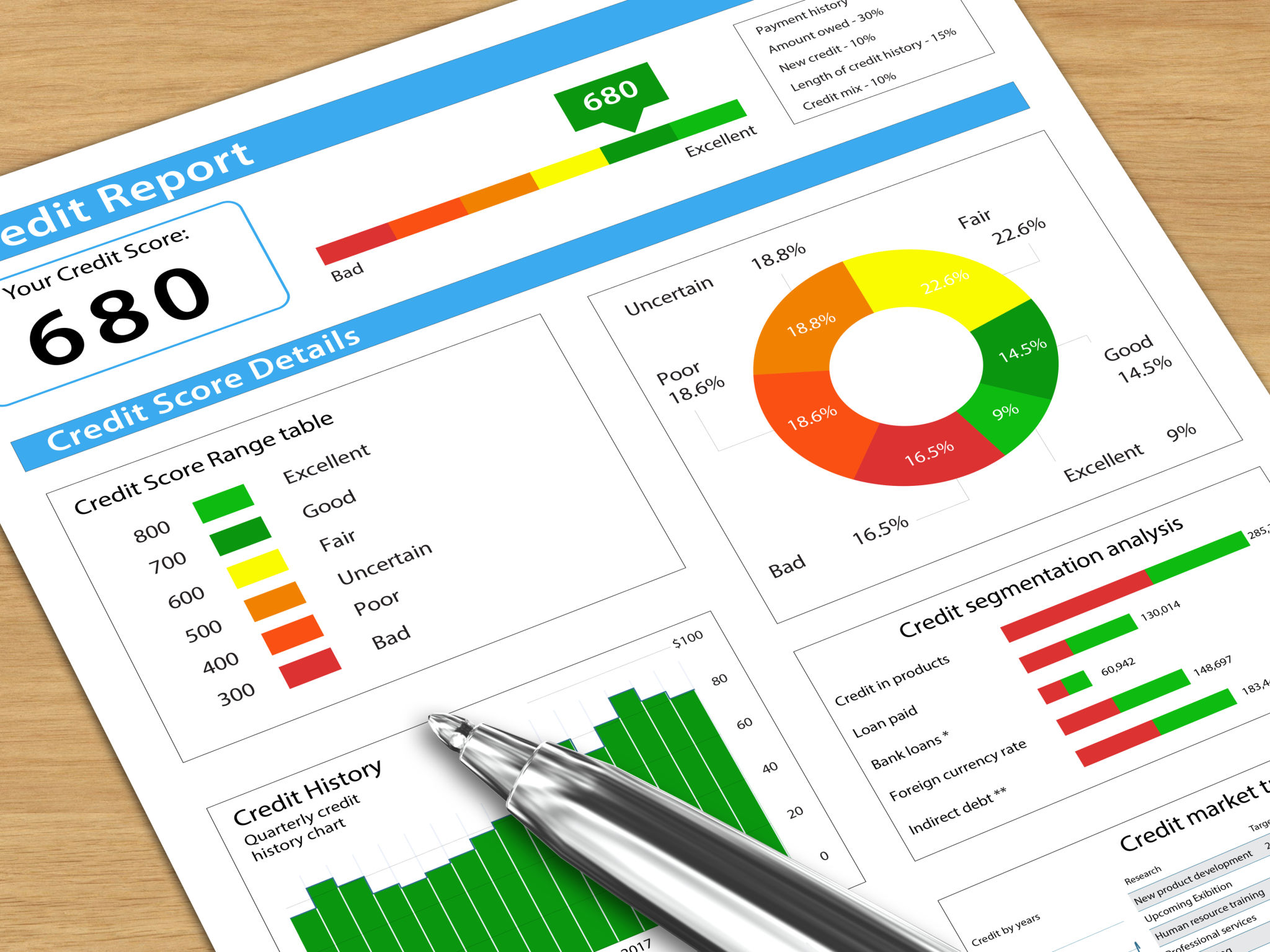Expert Advice: Common Credit Myths and How to Avoid Them
Understanding Credit: Separating Fact from Fiction
When it comes to credit, misinformation can lead to poor financial decisions and unnecessary stress. Understanding the truth behind common credit myths is crucial for maintaining a healthy financial profile. Let's delve into some prevailing myths and offer advice on how to navigate them effectively.

Myth 1: Checking Your Credit Hurts Your Score
One of the most pervasive myths is that checking your own credit report can negatively impact your score. In reality, this is not true. There are two types of credit inquiries: hard and soft. Checking your own credit is considered a soft inquiry and does not affect your credit score. Regularly reviewing your credit report is actually a smart practice to ensure accuracy and detect any potential fraud early.
Myth 2: Closing Old Accounts Improves Your Credit Score
Another common misconception is that closing old credit accounts will improve your credit score. In fact, closing accounts can sometimes have the opposite effect. This action can reduce your available credit and shorten your credit history, both of which can negatively influence your score. Instead, focus on keeping old accounts open, especially if they have no annual fees, to maintain a healthy credit utilization ratio.

Myth 3: You Only Have One Credit Score
Contrary to popular belief, you don’t have just one credit score. Different credit bureaus, such as Equifax, Experian, and TransUnion, may have varying scores for you based on their own algorithms and the data they collect. Additionally, lenders may use different scoring models depending on the type of credit you're applying for, such as a mortgage or auto loan.
- Equifax: Known for its comprehensive reporting.
- Experian: Offers both personal and business credit reports.
- TransUnion: Provides various consumer insights.
Myth 4: Carrying a Balance Improves Your Credit Score
Many believe that carrying a balance month-to-month will boost their credit score. This is a myth. Paying off your balance in full each month is the best strategy. It shows lenders you are responsible and helps you avoid costly interest payments. High balances relative to your credit limit can increase your credit utilization ratio, potentially lowering your score.

Myth 5: Income Affects Your Credit Score
Your income does not directly impact your credit score. While lenders consider your income when evaluating your ability to repay new debt, it is not a factor in the calculation of your credit score. Focus instead on managing debt and making timely payments, as these are the key indicators of good credit health.
Final Thoughts: Navigating Credit Wisely
Avoiding these common myths can help you maintain a strong financial standing. Always strive to educate yourself on how credit works and regularly monitor your credit report. Taking proactive steps in managing your credit will pay dividends in the long run and provide peace of mind.
